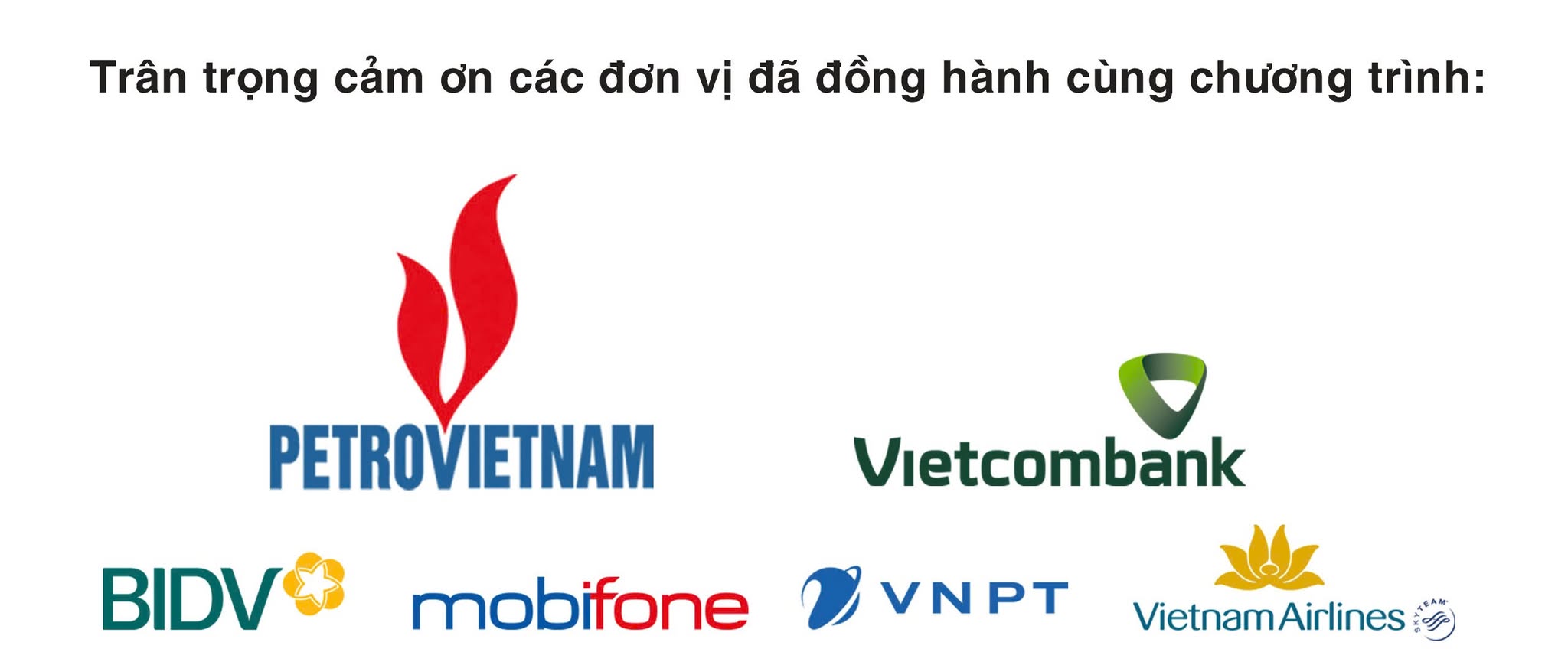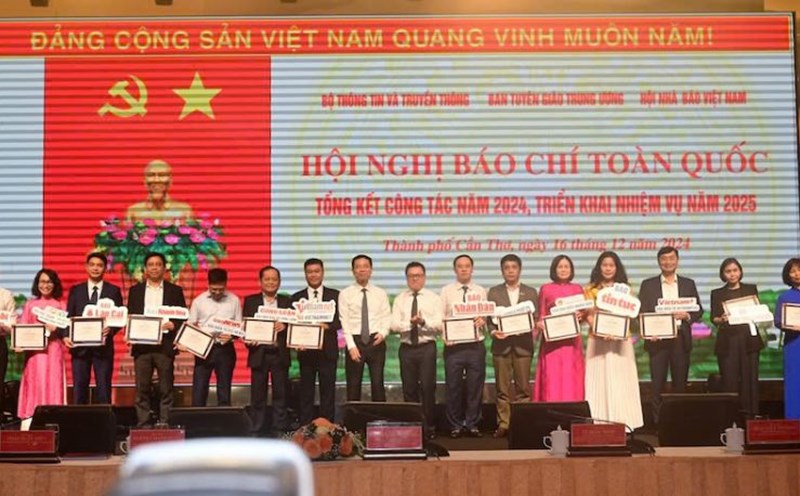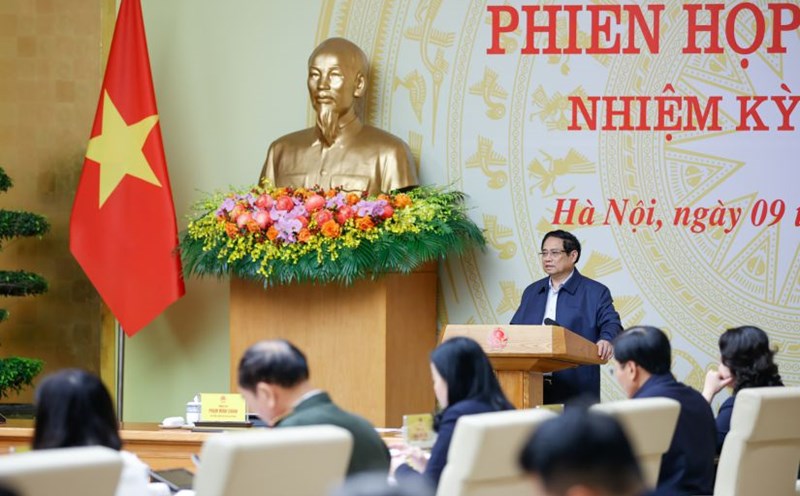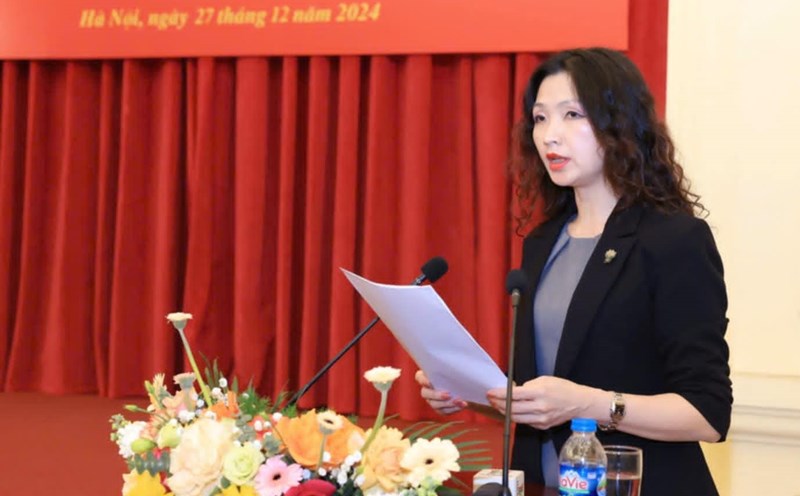Digital transformation is not only a trend, but has become a mandatory requirement in the 4.0 era. Digital transformation in the Vietnamese Tax sector is an important part of the National Digital Transformation strategy, oriented by the Government to build a modern, transparent and effective administration.
Vietnam's Tax Industry, one of the sectors that contributes significantly to the national budget and affects a large number of people and businesses, has been a pioneer in applying information technology and digital transformation.
From the perspective of those directly participating in and managing the digital transformation process, the digital transformation of the Vietnamese Tax sector has outstanding strengths but also faces many challenges that need to be overcome to achieve higher efficiency.
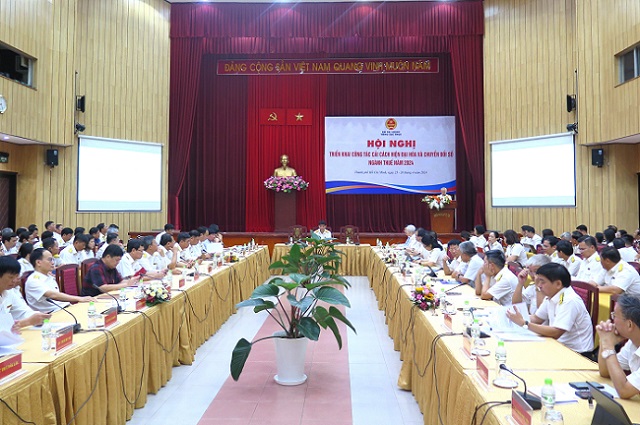
Mr. Do Hoang Anh Tuan - Deputy Director of Digital Technology Center - National Digital Transformation Agency (Ministry of Information and Communications) pointed out specific strengths and limitations:
1. Strengths in digital transformation of the Tax sector
1.1. Clear and consistent vision and strategy
The tax sector has developed a specific digital transformation roadmap, within the general direction of the National Digital Transformation Strategy to 2030. Goals such as applying electronic invoices, deploying the electronic tax system (eTax) and applying big data (Big Data) are systematically implemented.
1.2. Outstanding results in the implementation of digital transformation in the Tax sector
Deploying e-invoices: Since 2022, the General Department of Taxation has successfully deployed e-invoices nationwide, reaching a rate of 100% of businesses and individual businesses using them. The nationwide application of e-invoices is a major breakthrough, significantly reducing time and costs for both tax authorities and businesses, while increasing transparency, reducing errors and preventing tax fraud.
Integrating online public services: Level 4 online tax services are widely deployed. This not only helps domestic people and businesses save costs, time, and reduce administrative procedures, but also creates favorable conditions for foreign suppliers to fulfill tax obligations in the fastest, most convenient and transparent way.
At the same time, it affirms Vietnam's right to collect taxes on e-commerce and digital-based business activities, thereby contributing to administrative reform as well as promoting digital transformation in the financial sector.
Electronic tax system (eTax): This is an important step forward for the Tax sector in providing personal services. Through the eTax - Mobile application, taxpayers can look up information on tax obligations, personal tax code registration information, receive tax notifications, pay taxes electronically through linking with bank accounts and use other utilities to facilitate the process of finding information in the field of tax and calculating taxes. To date, more than 98% of businesses have declared and paid taxes online.
Application of Big Data analysis technology: The tax industry has begun to apply data analysis to assess risks, monitor tax compliance and detect fraud.
Enhanced connectivity and data integration:
Connecting with other agencies: The tax sector has coordinated with the Bank, Customs, State Treasury and relevant agencies to share data and simplify tax management processes, avoiding tax losses.
Centralized tax management system: Tax data of all businesses and individuals has been digitized and integrated into a centralized management system, helping to reduce processing time and improve efficiency.
Changing perceptions and improving taxpayer experience: Citizens and businesses are increasingly familiar with online tax payment processes, using mobile tax applications and e-invoices. This demonstrates consensus and rapid adaptation to technological improvements.
2. Limitations in digital transformation of the tax sector
2.1. Limited technology infrastructure does not meet requirements well.
Although the Big Data system has been deployed, the technology infrastructure system is not strong enough to handle large and complex data volumes from digital economic activities, leading to overload or delay in data processing.
Cybersecurity risks are increasing as the number of transactions and data being digitized is increasing, while security measures are not yet comprehensive.
2.2. Challenges in technology human resources
Lack of specialized personnel: The tax industry needs many experts with deep expertise in technology such as AI, Big Data, Blockchain, etc. to effectively implement digital transformation solutions. However, the competition for human resources between the public and private sectors makes it difficult for the tax industry to attract leading technology experts.
2.3. User experience
The interface and features of the electronic tax service are difficult to use for individuals with little exposure to technology, especially individuals and small businesses in rural, remote and isolated areas who are unfamiliar with online tools and processes.
Technical support: A small number of tax officials do not meet the requirements on technological level, affecting the ability to operate and exploit the digital system.
3. Orientation for improvement and development
With the strong development of the Industrial Revolution 4.0, the Tax sector will have many opportunities and challenges for development. Therefore, to achieve the success of digital transformation, the Tax sector needs to actively implement the following contents:
3.1. Increase investment in technology infrastructure
Building big data systems: Develop larger, more powerful data centers to handle complex transactions and the growing volume of data from the digital economy.
Build integrated platforms and big data platforms to provide complete information for management and operation, connect and exchange information between state management agencies, support tax management, tax risk management and policy making.
Design easy-to-use systems that focus on convenience and user-friendliness. In addition, build an online support center that applies virtual assistants (AI) to promptly resolve problems for taxpayers.
Applying advanced technology: Putting into use modern technologies such as AI, Big Data, Blockchain to increase tax management efficiency and ensure data security.
In addition, the Tax sector can consider changing the policy, instead of requiring people to declare their income sources to calculate taxes, they can connect with organizations and businesses that pay to automatically determine the income sources of each individual, as a basis for calculating taxes.
3.2. Training and improving the quality of human resources
Digital skills training: Organize in-depth training courses for tax officials on the use and operation of modern technology systems.
Cooperate with technology enterprises: Collaborate with large technology enterprises to develop human resources and deploy digital solutions.
3.3. Perfecting tax management policies on cross-border platforms
Tightly manage the digital economy: Develop more detailed and specific regulations on tax management for e-commerce and cross-border transactions.
Data protection: Issue clear regulations on information security and handling violations in the digital environment.
It can be said that the digital transformation of the Vietnamese Tax sector has achieved important progress in recent times.
To achieve that success, the decisive factors are the attention and close direction of the leaders of the Government, the Ministry of Finance, the General Department of Taxation and the participation of the entire tax system with synchronous solutions from the development and completion of policy documents, operations; organizational structure, management processes to the application of IT in tax management.
Along with that is the companionship of taxpayers in digital transformation, thereby creating a driving force to promote the development and success of digital transformation in the Tax sector.
